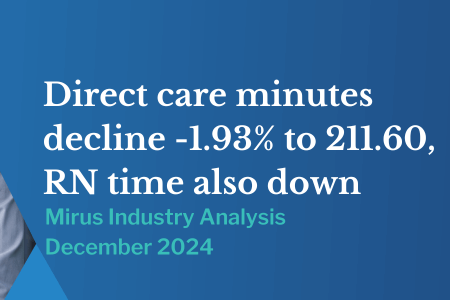Financial advice reforms weaken protections for elderly
July 22, 2014 | Aged Care Finance
The wind back of the Future of Financial Advice reforms will leave many elderly Australians vulnerable, according to Chief Executive Ian Yates from the Council on the Ageing (COTA).
Mr Yates explained on 15 July that the reform reversal will weaken protections for elderly Australians and others relying on strong financial advice. Against protest, the reforms moved ahead, ignoring advice from consumer organisations about the possible impacts. For those living within aged care facilities, sound financial advice is a necessity.
“Reducing red tape is one thing but winding back of sound and sensible protections for everyday consumers is unacceptable,” Mr Yates said. “This is an extremely disappointing outcome.”
These changes come as the dementia funding is also axed, in a move that has likely left providers anxious about the certainty of future funding. There’s certainly no denying the necessity of supplements as the industry continues to see swelling resident numbers.
Mr Yates outlined the COTA plan moving forward, and how older Australians would be advised to be wary of financial advice from the major banks and financial institutions.
Exactly what kind of advice Australians will receive is worrying, as advisors will be thinking more about sales volumes than the best interests of the elderly.
“No Australian should suffer the indignity and hardship of losing the proceeds from a lifetime of hard work due to conflicted loyalties as their advisor benefits financially,” Mr Yates said.
“Surely in this climate we should be strengthening consumer protections, not weakening them.”
Mr Yates went on to explain that older Australians deserve better. Of course, as the number of elderly Australians grows, it’s going to be essential to ensure financial sustainability.
A multitude of further changes are a certainty over the next few years, and both providers and older Australians will need to be prepared.
Do you agree that financial advice changes will be detrimental for older Australians? We would love to discuss your thoughts, please don’t hesitate to contact us.


